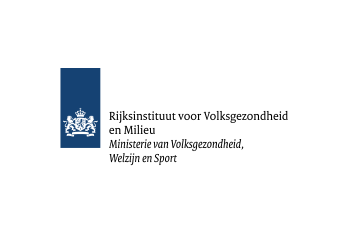HIV Care
You have HIV and are receiving care at a HIV treatment centre. You can find information about this HIV care here. What is involved in the daily use of HIV-inhibitors? What side effects are known and how do you decide if you want to change from one combination to another? What can you expect from the treatment centre and what can you do if you have complaints about the care.








